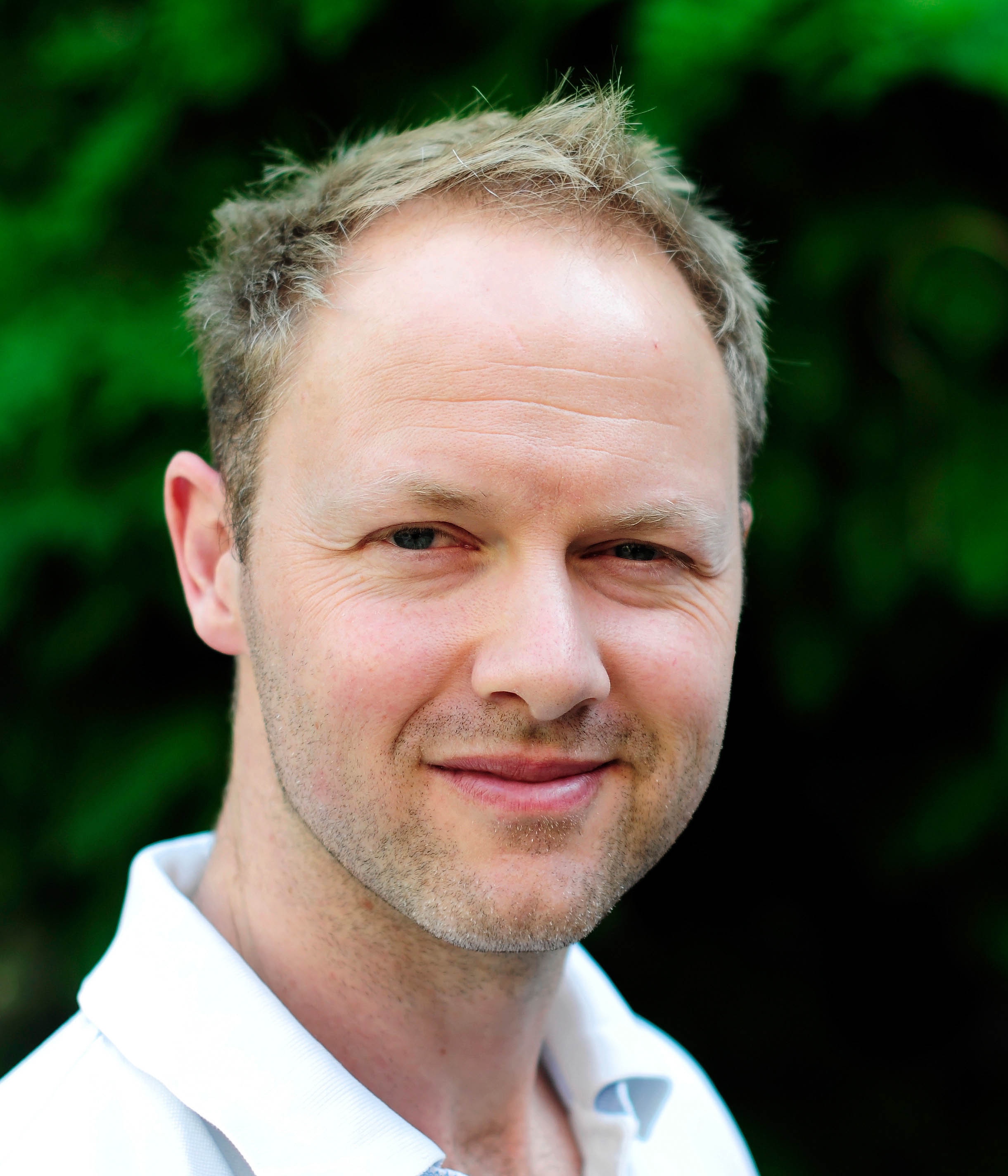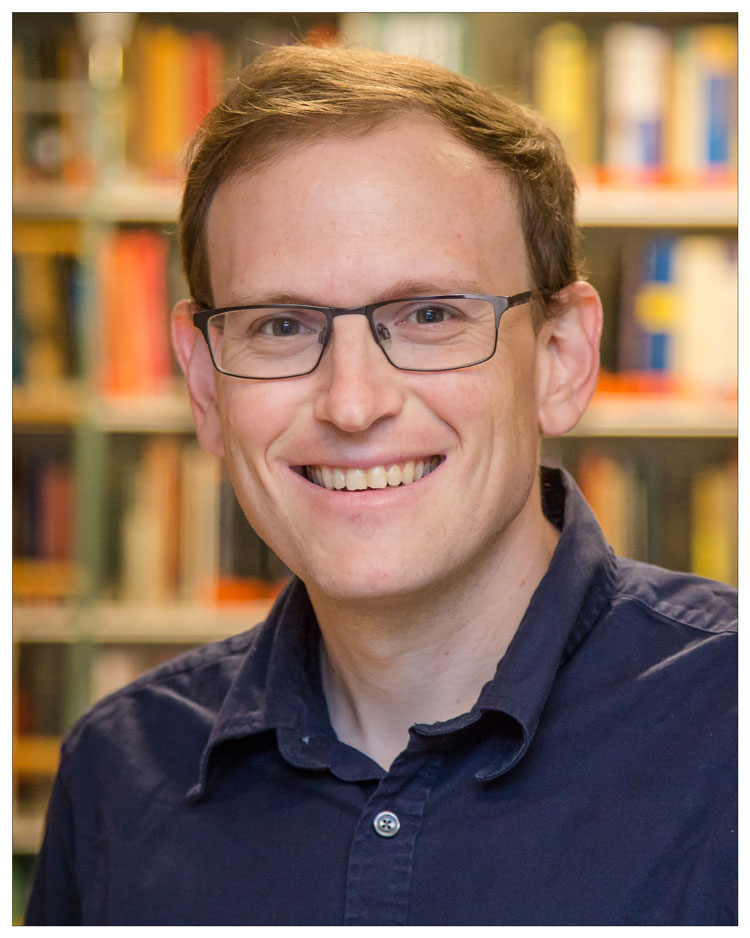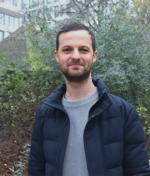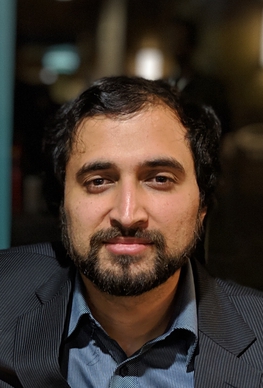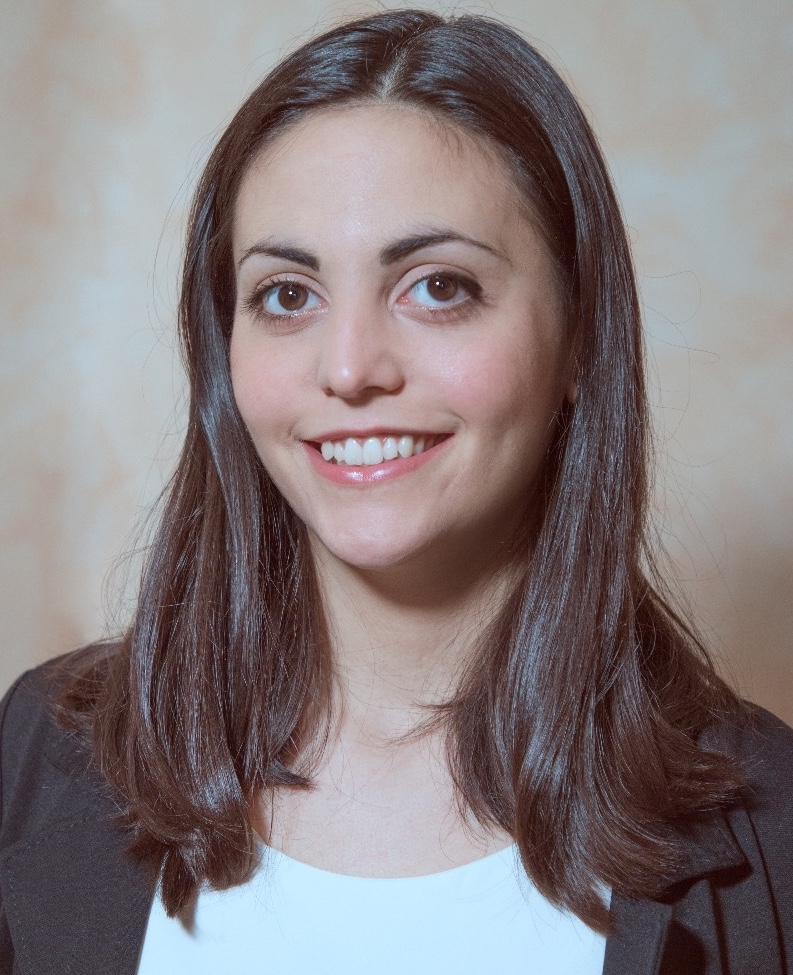Applied Machine Learning 2022
What, when, where, prerequisites, books, curriculum and evaluation:
| Content: | Graduate course on Machine Learning and application/project in science (7.5 ECTS). |
| Level: | Intended for students at graduate level (4th--5th year) and new Ph.D. students. |
| Prerequisites: | Math (calculus and linear algebra) and programming experience (preferably Python). |
| When: | Mondays 13-17 and Wednesdays 9-17 (Week Schedule Group C) in Block 4 (25/04-24/06 2022). |
| Where (lectures): | Mondays: Lille UP1 at DIKU (except weeks 19-21, then Aud3 at HCO), Wednesdays: Aud1 at HCO. |
| Where (exercises): | Mondays: Kursussal 1, 3, and 4A at Zoological Museum. |
| Wednesdays: DIKU rooms 1-0-26, 1-0-30, and bib 4-0-17 (mornings) and Aud1 at HCO (afternoons), see KU Room Schedule plan. | |
| Format: | Shorter lectures followed by computer exercises and discussion with emphasis on experience and projects. |
| Text book: | References to Elements of Statistical Learning II. |
| Suppl. literature: | We (i.e. you) will make extensive use of online ML resources, collected for this course. |
| Programming: | Primarily Python 3.8+ with a few packages on top, though this is an individual choice. |
| Code repository: | All code we provide can be found in the AppliedML2022 GitHub respository. |
| Communication: | All announcements will be given through Absalon. To reach me, Email is preferable. |
| Collaborative tools: | For "short coding communication" we have made a course Slack channel: NbiAppliedML2022.slack.com. |
| Exam: | Final project (possibly virtual) presentations on Wednesday the 15th and Thursday the 16th of June all day (9:00-17:00+). |
| Evaluation: | Initial project (40%), and final project (60%), evaluated by lecturers following the Danish 7-step scale. |
An introduction to the course can be gotten from this ML subject overview and related film introducing the subjects (23 min, 1.48 GB).
Further course information can be found here: ML2022_CourseInformation.pdf
A questionnaire for the course is used for better knowing who you are and optimising the course accordingly.
To test your "Python & Packages", you can try out ML_MethodsDemos.ipynb, which is also meant to whet your appetite.
Course outline:
Below is the preliminary course outline, subject to changes throughout the course.
Week 1 (Introduction to Machine Learning concepts and basic methods):
Apr 25: 13:15-17:00: Intro to course, outline, groups, and discussion of data and goals. Overview of Machine Learning techniques (TP).
Exercise: Setup of infrastructure (Github, Slack). Inspecting data and making "human" decision tree and linear (Fisher) discriminant.
Apr 27: 9:15-12:00: Introduction to Tree-based algorithms (TP).
Exercise: Classification (and regression) on reference data sets with Decision Tree based methods.
Apr 27: 13:15-17:00: Introduction to NeuralNet-based algorithms (TP).
Exercise: Classification (and regression) on reference data sets with Neural Net based methods.
Week 2 (Loss function, training, validation, unsupervised learning, and preprocessing):
May 2: 13:15-17:00: Loss function, Training, Validation, Test, and Cross Validation (TP). Initial project start.
Exercise: Try to alter your loss function and apply cross validation in your training.
May 4: 9:15-12:00: Introduction to Unsupervised Learning: Clustering and Nearest Neighbor algorithms (CS).
Exercise: Try to apply the k-NN (and other) algorithms to reference data sets.
May 4: 13:15-17:00: Preprocessing and dimensionality reduction (CS).
Exercise: Run a (k)PCA, k-Means, and possibly tSNE/UMAP algorithm on reference data sets.
Week 3 (Hyper Parameter optimisation, Feature Importance, Clustering, and Final Project):
May 9: 13:15-17:00: Hyperparameters, Overtraining, and Early stopping (TP).
Exercise: Hyperparameter optimisation of simple tree and NN algorithms.
May 11: 9:15-12:00: Feature Importance calculated using permutations and Shapley values (TP).
Exercise: Determine feature ranking for reference data sets, and cross check these with actual models.
May 11: 13:15-17:00: Final projects kickoff.
Exercise: Clustering along with inspection of final project data and discussion of project goals.
Week 4 (Convolutional Neural Networks (CNNs), Recurrent Neural Networks (RNNs), and Auto-Encoders (AE)):
May 16: 13:15-17:00: Convolutional Neural Networks (CNNs) and image analysis (JK).
Exercise: Recognize images (insoluables from Greenland ice cores) with a CNN.
May 18: 9:15-12:00: Recurrent Neural Networks (RNN), Long Short Term Memory (LSTM) and Natural Language Processing (NLP) (JK).
Exercise: Use an LSTM to predict flight traffic and do Natural Language Processing on IMDB movie reviews.
May 18: 13:15-17:00: (Variational) Auto-Encoder and anomaly detection (TP).
Exercise: Compress images using Auto-Encoder, and cluster latent space with UMAP.
Week 5 (Graph Neural Networks (GNNs), Generative Adversarial Networks (GANs), and GPU data analysis):
May 23: 13:15-17:00: Graph Neural Networks (GNNs) - analysing geometric data (Rasmus Oersoe/TP).
Exercise: Work on Initial project. Initial project should be submitted by 22:00!.
May 25: 9:15-12:00: Variational AutoEncoders, Generative Adversarial Networks, and Reinforcement Learning (TP).
Exercise: Work on final project.
May 25: 13:15-17:00: GPU accelerated data analysis - Rapids (Mads Ruben Kristensen, Nvidia - formerly NBI).
Exercise: Work on final project.
Week 6 (CNNs at work and Scientific ML, and Ethics in ML):
May 30: 13:15-17:00: Example of CNN at work on beer, and Scientific ML.
Exercise: Work on final project.
Jun 1: 9:15-12:00: Echo State Networks (ESN) and anomaly detection (James Avery).
Exercise: Work on ESNs and/or final project.
Jun 1: 13:15-17:00: Ethics in the usage of Machine Learning (TP).
Exercise: Work on final project.
Week 7 (Computing and scaling/speed (videos), Results on Initial Project, and Exam example/Q+A):
Jun 6: 13:15-17:00: No teaching (Whit Monday).
Bonus (self) study (by video): Computer infrastructure, Networks, Scaling, and Speed (Brian Vinter).
Jun 8: 9:15-12:00: Results and Feedback on initial project.
Exercise: Work on final project.
Jun 8: 13:15-17:00: Example exam presentation followed by Question+Answer session about the exam.
Exercise: Work on final project.
Week 8 (Echo State Networks (ESNs) and EXAM: Presentations of final project):
Jun 13: 13:15-17:00: Echo State Networks and anomaly detection (James Avery).
Exercise: Work on Echo State Networks and/or final project.
Jun 15: 8:15-12:00: Presentations of final projects (TP, CS, JK, VR, RS, DA, and potentially others!).
Jun 15: 13:15-17:00: Presentations of final projects (continued).
Jun 16: 8:15-12:00: Presentations of final projects (TP, CS, JK, VR, RS, DA, and potentially others!).
Jun 16: 13:15-17:00: Presentations of final projects (for as long as needed!) (continued).
Final Projects/Exam 2022:
An overview of final project groups, subjects, and exam schedule can be found here: ML2022_FinalProjectPresentationSchedule.pdf.
The analysis of the results leading to the grading is explained here: ML2022_FinalProject_CommentsOnGrading.pdf.
Presentations from previous years:
Below you can find the presentations of the final projects given on the 12th of June 2019:
Below you can find the presentations of the final projects given on 10th of June 2020:
Below you can find the presentations of the final projects given on the 16th+17th of June 2021:
Below you can find the presentations of the final projects given on the 15th+16th of June 2022:
Course comments/praise (very biased selection!):
|
"Best day of my life!" (Pressumably at the University, red.) [Christian M. Clausen, on the day of final project presentations, 2019] "Student 1: Damn..." "Student 2: I was just thinking what a shame you didn't get to see a whole classroom worth of 'damn' faces! But the feeling is there." [Reaction in Zoom chat, after having explained the capabilities of Reinforcement Learning examplified by AlphaZero, 2020] [And I got to see the reaction the year before!] "Troels is the perfect shepherd guiding relatively inexperienced statisticians to machine learning in an approachable and fun way." [Anon, course evaluation, 2021] "This course (and Applied Statistics) were among the most useful and insightful courses I have taken in my academic life." [Petroula Karakosta, 2022] |
Last updated 26th of April 2022 by Troels Petersen.
